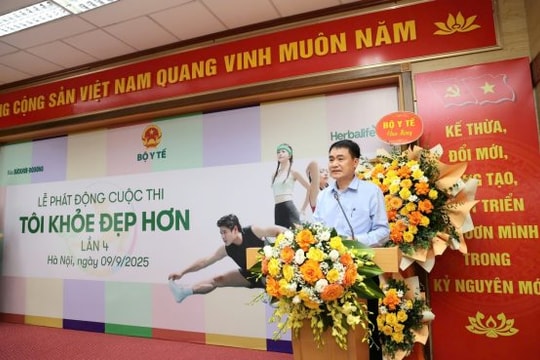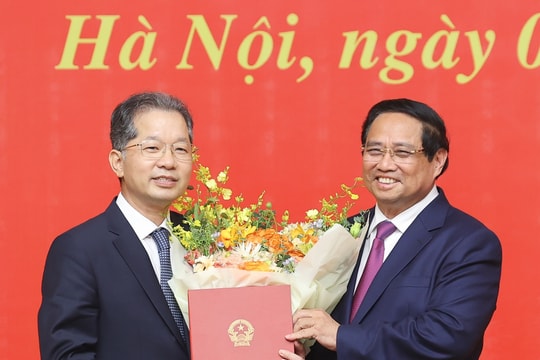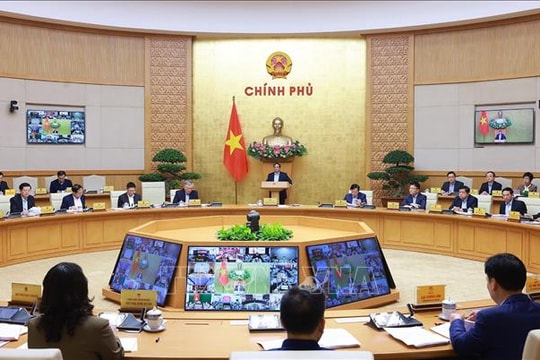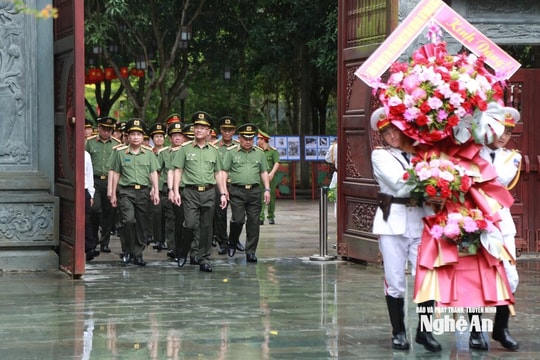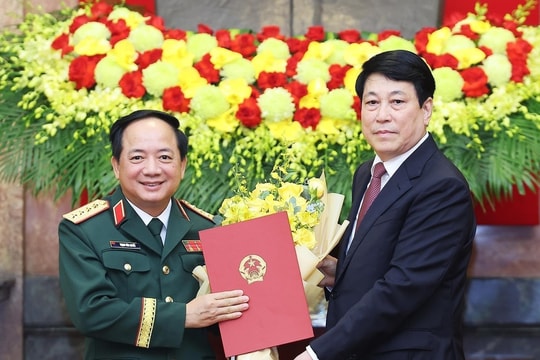'There are communes that owe restaurants and karaoke bars that they cannot pay'
Regarding the Ministry of Finance's pilot project of allocating public cars to deputy ministers, in an interview with Dan Viet, Dr. Le Dang Doanh said that the Ministry of Finance's spirit of budget savings is very welcome and appreciated.
However, the allocation of expenses based on the distance between the office and the house needs to be discussed further to ensure it is truly encouraging and fair to different users.
Compulsory public vehicle allocation will be more effective than the previous voluntary public vehicle allocation of the National Assembly Office, which was ineffective and had few participants.
Mr. Le Dang Doanh also said that currently, the abuse of public vehicles is very serious, some people go abroad and even lend their cars to others. Through this story, it is necessary to seriously tighten the abuse of the budget.
“Currently, compared to budget spending in other countries, our country's budget is currently extremely arbitrary and wasteful, with abuse for personal expenses. As recently reflected, there are communes that owe restaurants and karaoke bars that cannot be paid, which are very unreasonable expenses,” Mr. Doanh emphasized.
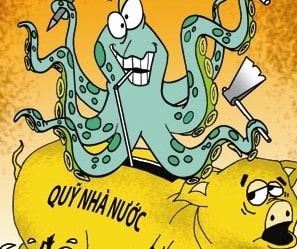 |
| Illustration. |
According to Mr. Doanh, in other countries, the amount of money that can and cannot be spent is clearly defined. For example, when a minister invites another minister, the maximum amount of money is also clearly stated. In addition, it is strictly forbidden for officials to invite guests and then call businesses to pay. This type of corruption is very obvious and unacceptable.
Mr. Le Dang Doanh also thinks that a general allowance should be given, but if it is too specific, it will often have to be repaired. Applying distance to calculate the allowance for leaders is too much into the details, which will be very difficult to calculate, even if there is a traffic jam or not, how to calculate the cost...
Sharing the same opinion, Mr. Nguyen Hoang Hai - Vice President of the Vietnam Association of Financial Investors (VAFI) said: It is unclear whether the Ministry of Finance only allocates travel expenses from home to work in the month or allocates all travel expenses of deputy ministers.
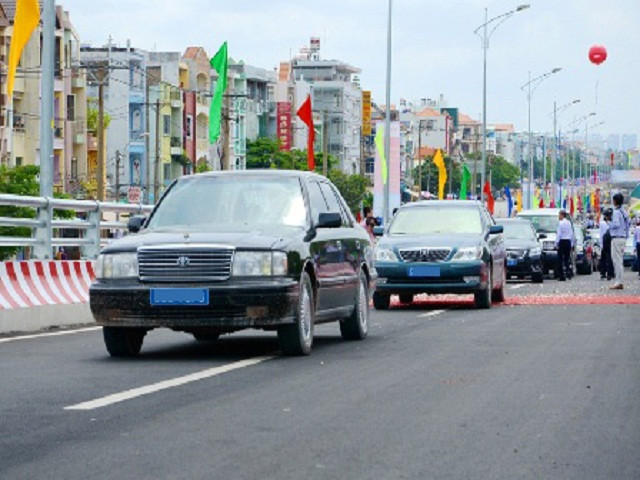 |
| Photo is for illustration purposes only. |
What about business trips, do we still use company cars? Meanwhile, leaders often go on business trips but still use their own cars, so we cannot reduce the use of public cars. That means we still have to use public cars, still have to pay for maintenance, warranty, maintenance and driver salaries. Meanwhile, the Ministry of Finance previously said that each car costs an average of more than 300 million VND per year. "The target is to reduce the number of cars, reduce the actual cost to the state budget," said Mr. Hai.
As for Associate Professor Dr. Dinh Trong Thinh (Academy of Finance), he said that this is a very big problem today, not a small matter. Currently, the number of officials who are eligible to be picked up and dropped off by cars in ministries, branches and localities is still very large. Therefore, the number of public cars in Vietnam, as reported, is up to 40,000. The cost of maintenance, repair, and drivers... is tens of thousands of billions each year.
If we pilot car rental like the Ministry of Finance, the cost from home to office will be from 4-9 million/month. “Although it is a short-term experiment, I think this is a very brave solution. Hopefully it will be successful so that it can be widely applied to agencies and ministries to reduce budget costs for the state,” Mr. Thinh said.
Mr. Thinh also said that, in the past, there was a trial with a contract of 9 million in 2006 but many people still did not participate because the contract was voluntary. "The main reason is that when using a public car with a blue license plate, it is "more impressive" and has more priority, if taking a taxi to travel, it is more complicated so many leaders do not respond," said Mr. Thinh.
Mr. Thinh also said that from reducing public vehicle spending, we should gradually calculate and save the state budget, instead of wasting the previous spending, thereby gradually reducing budget spending. Currently, 70-80% of Vietnam's spending is regular spending, the remaining 20% is development spending, which is very difficult.
According to danviet
| RELATED NEWS |
|---|


